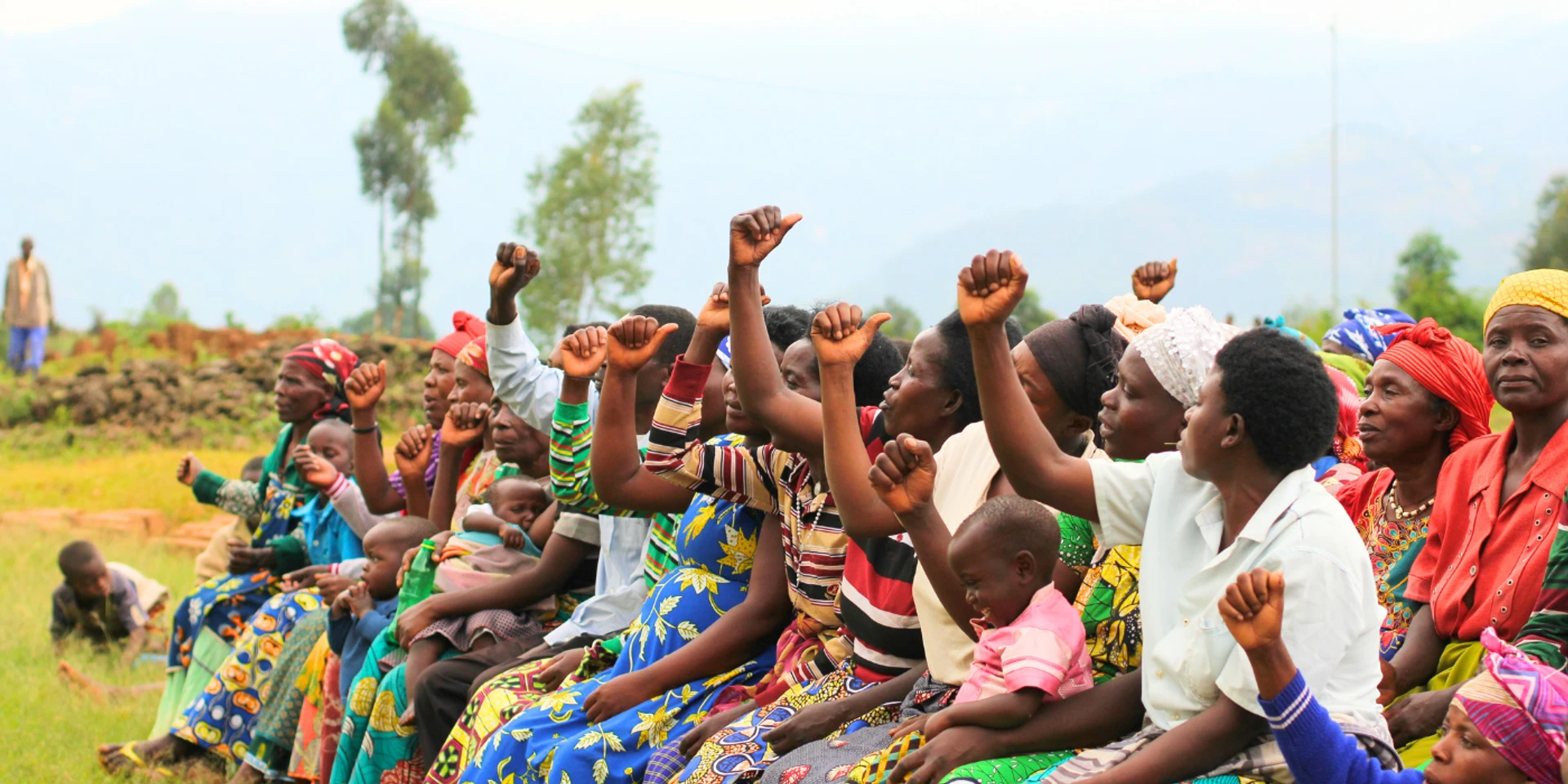Accessing Basic Social Services in the Eastern DRC

Service provision under shifting governance.
This study examined how anticipations of and access to basic social services varies across different governance arrangements in the eastern Democratic Republic of the Congo (DRC). The research aimed to uncover which service providers – public authorities in their own right – are most effective, and for whom, in such conflict-affected contexts.
How do major changes in governance arrangements in eastern DRC affect access to basic social services?
Findings from this initial research sought to elucidate how major changes in governance arrangements affect the provision of and access to basic social services. Furthermore, it examined which public authorities are durable despite such transitions, and what factors can aid in explaining their durability.
Background and methodology
In 2018 the project conducted six focus groups with community representatives and 90 semi-structured interviews and participatory mappings with residents (stratified by sex, socioeconomic status and community of origin). Research was carried out in four field sites, each marked by governance arrangements dominated by different institutions: a national non-state armed group; a foreign non-state armed group; a tenuous agreement between national non-state armed groups and representatives of the national security forces; and the national government itself. Anticipated and accessed basic social services in these field sites included education, security, justice and healthcare, as well as employment and housing.
The second part of the research entailed a network study carried out in one of the field sites researched in 2018. The site selected in 2020 was envisaged to be the one most representative of residents’ lived experiences in the territory – a similar design based on service providers, beneficiaries, and the service deemed most important by most residents.
This research has been continued by the project Going with or Against the Flow, a longitudinal study of urban households' financial governance, coping mechanisms in times of crisis, and access to water and other basic social services in Goma, eastern DRC.
Researchers

Dr Patrycia Stys
Patrycja Stys received her DPhil in Politics from the University of Oxford. She is a Visiting Fellow at Swinburne University of Technology (Melbourne) and the University of Edinburgh.
Research interests: governance, cyclic violent and non-violent mobilisation
Email: p.m.stys@lse.ac